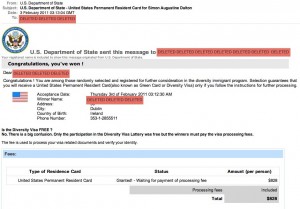On 24 January 2011, the Supreme Court gave permission to appeal in the case of Flood v Times Newspapers. Lords Hope, Brown and Mance originally proposed to grant permission on the condition that the “Times” agreed to pay Mr Flood’s costs in any event but the Court has now granted permission unconditionally. We commented on the Court of Appeal decision at the time and other discussions of it can be found in the “Table of Recent Cases” above. There is a report on the initial permission decision in the Press Gazette.
law.arts.culture » Charles Dickens’ 1844 Copyright Suit
In January 1844, Charles Dickens launched a copyright suit in the Court of Chancery against printers and publishers Richard Egan Lee and John Haddock.
Dickens’ A Christmas Carol had been published on December 19, 1843, and not quite three weeks later, on January 6th, Lee & Haddock’s version, “re-originated” by Henry Hewitt, had appeared for sale under the title A Christmas Ghost Story. An outraged Dickens instructed his solicitor to “stop the Vagabonds” at once. Over a whirlwind three days, his bill of complaint was filed, and an interim injunction sought and obtained. …
Judge Knight Bruce, before whom the motion to dissolve the interim injunction was heard on January 18th … opined: “The defendant has printed and published a novel, of which the fable, the persons, the names of persons, the characters, the age and time, and scene and country, are wholly the same. The style of language in which the story is told is in some instances identical, and in all similar.” He concluded that, in his view, the defendants’ publication was “plainly colourable,” and, on that basis, he upheld the injunction.
This post is from Kate Sutherlands great new blog, law.arts.culture, a blog devoted to exploration of the intersection of law and the arts.




